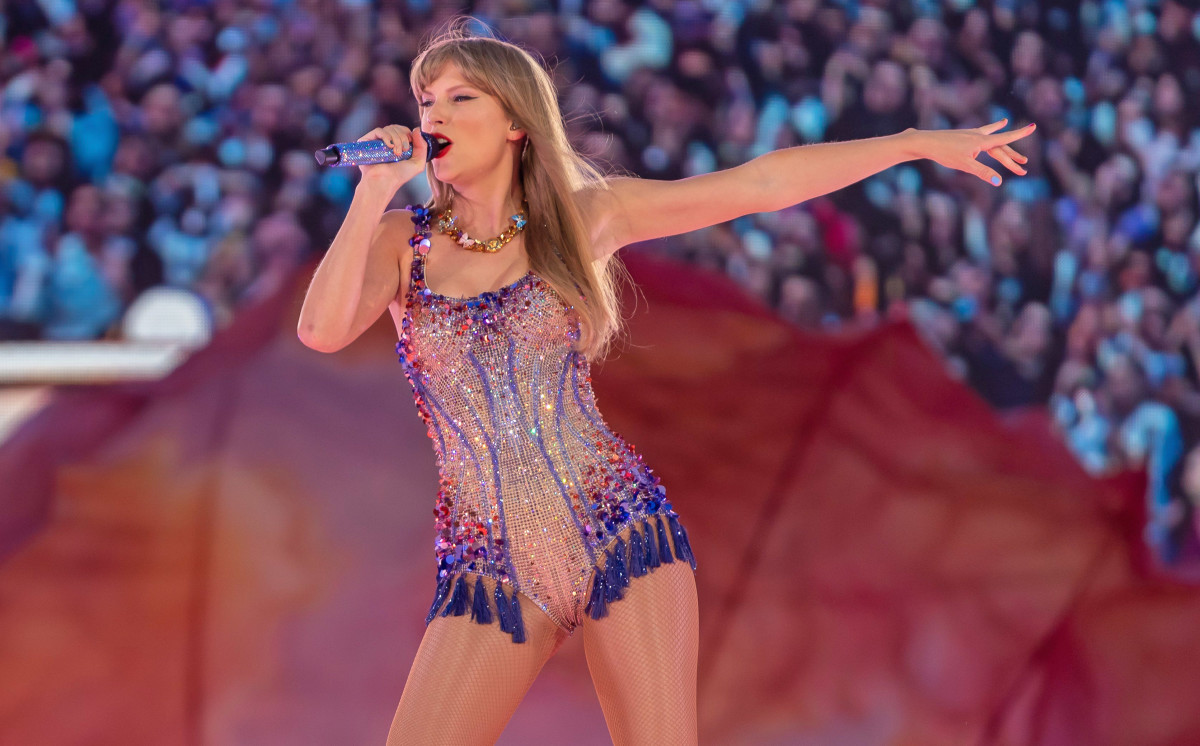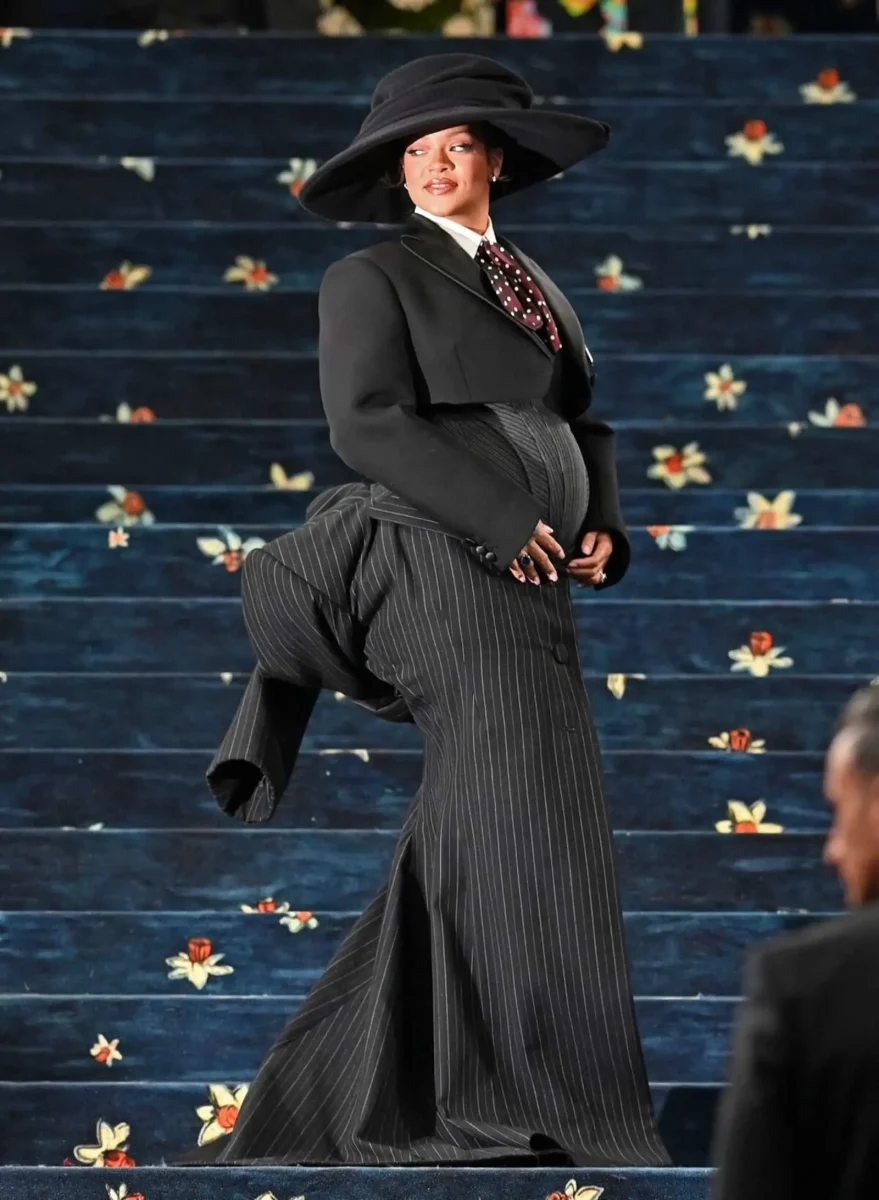The term “beauty privilege” is frequently employed by activist influencers to denounce the phenomenon on the web.
Beauty privilege is defined as the advantage bestowed upon individuals who are perceived as beautiful by societal standards, who are afforded superior social opportunities than those who are perceived as less attractive.
This phenomenon is not limited to the realm of social interactions; it extends to the domain of employment as well. A study conducted by a person considered attractive would have a greater chance of getting a job. The cognitive biases that influence our perceptions of others are a key factor in this phenomenon.
Indeed, the “halo effect” is the phenomenon whereby our cognitive biases associate certain people’s physical characteristics with their behaviour. Consequently, a good-looking person may be perceived as kind or competent. According to this mode of operation, “less attractive” people would be discriminated against, because they would be perceived differently from societal ideals, inadvertently pushing them out of the way of other “conformists.” The concept of beauty ideologies, often Europeanized and democratized in the media, serves as the foundation for this divisive movement.
However, on social networks, movements such as #BodyPositivity are urging people to denounce the beauty privilege, whether experienced by them or to their detriment. This is raising awareness of the media web, which has long promoted this phenomenon. Nevertheless, even denunciation has its limits, because in a world where teenagers are increasingly exposed to the media sphere with ultra-retouched content promoting this superficial and ephemeral beauty, they can feel on the brink of this society that advocates these criteria that they don’t have. This can lead to complexes and problems that can easily develop, given the fragility of mental health at this age.
Despite the prevalence of discourse on this seemingly superfluous issue and the growing awareness of it through viral hashtags, it is crucial to recognize that personality is more than a body envelope. The body we have or lack does not define our place in society. Despite these physical injustices, there are individuals who militate against this standardized struggle.







